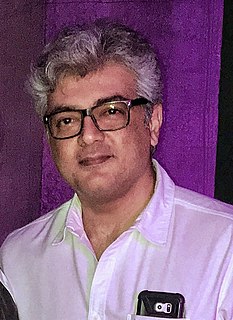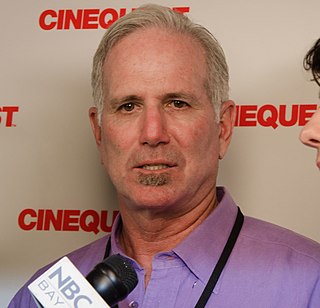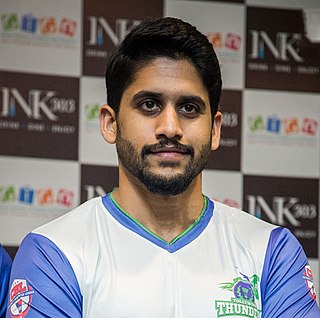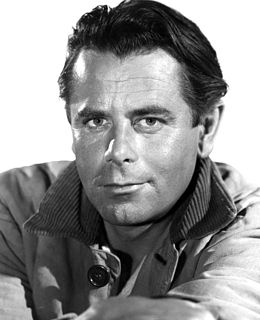A Quote by Anupam Kher
It is important to be financially savvy when you turn producer. As a director, you just need to have a good script in hand.
Related Quotes
The way I pick movies is, first, if the script is any good. Then, if the script is good, who else is in it, the director, the producer, all that. If you have all that, there's a chance the movie will be great. If the script isn't right, or the director or cast isn't right, you've got no shot in hell.
With a good script a good director can produce a masterpiece; with the same script a mediocre director can make a passable film. But with a bad script even a good director can’t possibly make a good film. For truly cinematic expression, the camera and the microphone must be able to cross both fire and water. That is what makes a real movie. The script must be something that has the power to do this.
The producer can put something together, package it, oversee it, give input. I'm the kind of producer that likes to take a back seat and let the director run with it. If he needs me, I'm there for him. As a director, I like to have the producer there with me. As a producer, I don't want to be there because I happen to be a director first and foremost, I don't want to "that guy."
The script is the most important thing for me. I'm advised that other things are important too, and they are. The director that you'll be working with is hugely important, and the cast that are with you is really important as well. But, for me, the thing that gets my heart excited and really makes me invested in something or not is just the quality of the script.
It takes a number of different skill sets, I think, to try and be a good producer. You have to be very creative, but you also have to be incredibly financially minded. I jokingly say the job is kind of part cheerleader and part dictator. It is both of those things, because you have to make sure that people are doing what they need to be doing, but creatively you really need to be helping each person in every job across the crew. Cheering them on, keeping them inspired into doing their best work, and you have the director's vision in the forefront.
I think the most important thing is to, without belligerence, stand up for what want. Argue compellingly if someone tries to change your script. Yeah, legally they can if they want to. But rather than give up, as some of the writers do, and just wail about how your script got rewritten, it's much more difficult - but well within the realm of possibility - to argue very sincerely, calmly, and reasonably from your point of view, such that the director or the producer might decide, "All right, let's do it that way."




































